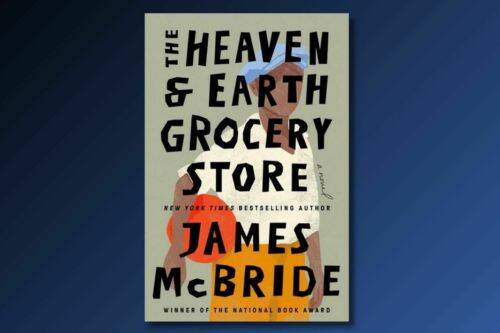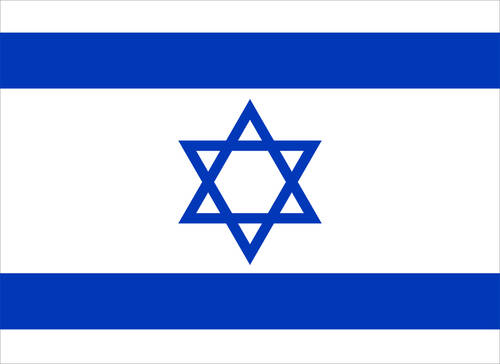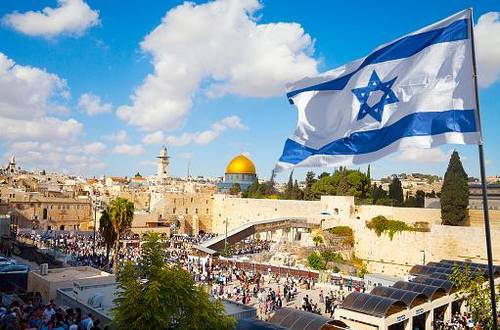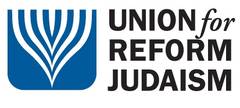- About Us
- Connect
- Learn
- Jewish Life
- Music
- Events
- Give
- Join Us
192. Melchizedek - October 31, 2020
10/31/2020 03:28:17 PM
| Author | |
| Date Added | |
| Automatically create summary | |
| Summary |
This week’s Torah portion has a passage that feels as if it is an interpolation, which is something that reads as if it was embedded at a later date. The story is one of the early passages about our patriarch, Abraham. Although he is still named Abram at this point in the narrative, we will refer to him here as Abraham, because that is the name with which most of us are familiar.
The passage is from Genesis 14 and it gives us a description of Abraham as a military hero who is capable of mustering an army to pursue invaders who had plundered nearby kingdoms. Abraham returns victorious from the pursuit and returns the plundered possessions and captured people to their kingdoms. Abraham is about to receive thanks for his heroics when a new character is introduced:
And King Melchizedek of Salem brought out bread and wine; he was a priest of God Most High. He blessed him, saying,
“Blessed be [Abraham] of God Most High, Creator of heaven and earth.
And blessed be God Most High,
Who has delivered your foes into your hand.”
And Abraham gave him a tenth of everything. (Genesis 14:18-20)
The only other time that the word “Melchizedek” appears in the Hebrew Bible is in Psalms 110:4 , although our English translation does not reflect that word. The passage, in English, reads as follows:
The Lord has sworn and will not relent,
“You are a priest forever, a rightful king by My decree.”
A better translation of the Hebrew is:
The Lord has sworn and will not relent,
“You are a priest forever, after the manner of Melchizedek.”
Who is this Melchizedek? The passage in Genesis 14 identifies Melchizedek as both a king and a priest of Salem. Close reading of the Bible tells us that “Salem” is the shortened name of the city of “Jerusalem,” the city that David chose as his capital for his united kingdoms.
Archaeology has shown that Jerusalem was settled well before the Israelites got there. David may have selected the location as his capital because it was more centrally located to all the lands under his purview, and/or the fact that Jerusalem was more easily defensible due to its location on top of a hill, or for any number of other possible reasons.
Archaeological evidence places the Canaanites in Jerusalem in the 17th century BCE. The Canaanites worshipped the god Shalim as the god of dusk. The name Jerusalem, in essence, means “the city built by Shalim.” It could be that, because “Shalim” was the god of dusk, his name came to mean the end of the day or a sense of completion when you can be at rest, or at peace. Eventually that may have provided the root for the word “Shalom,” which means peace. (As an aside: the Canaanite god of the morning star was “Shahar,” and Jewish morning prayers are, still today, referred to as “Shacharit.”)
But, back to Melchizedek: Mysterious figures who are not fleshed out in the Hebrew Bible leave a lot of room for interpretation by those who wish to attempt to find meaning and connection, even where meaning and connection might not actually exist. But an idea is hatched, and the chatter begins.
Year 1 CE was a messianic time. There was an idea that there would be complete destruction of this terrible world, which would precede God’s Kingdom to Come. Jesus was not the only person to claim messianic insight. John the Baptist gave himself the job of preparing people for the End of Days through the purification of baptism. John the Baptist had a significant number of followers.
The book of Enoch was written during this messianic time. Although not part of either the Jewish or the Christian canon, the book of Enoch has been preserved, and the text elevates the figure of Melchizedek for a greater purpose. Enoch claims that a great destruction is coming and people will perish. However, God will send an angel to save Melchizedek, who will not perish with the others. After the destruction, God says, “Melchizedek will be my priest to all the priests, and I will sanctify him and I will change him into a great people who will sanctify me.”
When the Dead Sea Scrolls were found, along with the ancient copies of sacred scripture were texts that reflected the thinking of the cult at Qumran. One of those texts elevates Melchizedek to high priest, or judge, who will “carry out the vengeance of the Laws of God.” Melchizedek will also act as the savior to those tempted by evil.
The book of Hebrews is a book preserved in the Christian Bible, purported to have been written by Paul, although scholars cast double on that assertion. Hebrews 5 and 7 claim that Jesus comes from the line of Melchizedek and, by referencing the passage in Psalms, claim that Jesus has been designated by God, saying, “You are a priest forever, according to the order of Melchizedek.” And the book of Hebrews picks up on the fact that we know very little about Melchizedek, and claims that Melchizedek is “without father, without mother, without genealogy, having neither beginning of days nor end of life, but because he is a Son of God, he will remain a priest forever.”
Additionally, Hebrews 7 picks up on the Genesis 14:20 sentence where, “Abraham gave him [Melchizedek] a tenth of everything.” According to this reading, even Abraham realized how great Melchizedek was! The Hebrews passage goes on to posit that the priestly line of Aaron, the line of the Jewish priests, has failed to bring perfection to the world. Therefore, the line of Melchizedek, the line Jesus came through, might have a better chance of bringing perfection.
Rabbi Jaech was struck by how similar these passages are to what we read in the news today: There are QAnon conspiracy theories. There is a sense of a great battle coming in our democratic voting process. People are preparing for the end of times, or the Final Battle.
We have presented just a sampling of texts about Melchizedek. He is an obscure figure that was pulled forward to weave stories around and create a compelling storyline. But, like QAnon, the stories are fishing for meaning and connection, where meaning and connection simply does not exist.
It is more likely that the original interpolation in the Torah served two purposes: 1) keeping with the motif that people of other cultures showed deference to our God, and 2) showing that Abraham recognized the holiness of Jerusalem, providing David a reason to move cultic center to Jerusalem.
You can find our podcast on iTunes, Spotify or Amazon Music under “TINW Torah Study” or “Jennifer Jaech.” Subscribe and rate us!
misquotes or misunderstandings in what Rabbi Jaech taught us are the responsibility of Tara Keiter
Tue, April 30 2024
22 Nisan 5784
Temple israel Happenings
-
Wednesday ,
MayMay 1 , 2024 Sisterhood Book Club - Online
Sisterhood Book Club - Online
Wednesday, May 1st 7:30pm to 8:30pm
"Heaven and Earth Grocery Store" by James McBride -
Saturday ,
MayMay 4 , 2024 Meet Me at Jaech's Place: A Speakeasy at the Synagogue
Meet Me at Jaech's Place: A Speakeasy at the Synagogue
Shabbat, May 4th 7:00pm to 10:00pm
Live Jazz | Open Bar | Hot & Cold Buffet | 50/50 Raffle | Baskets of Booze Raffle | Special Commemorative Gift Attire: 1920s Period Dress Preferred. Tiered ticket pricing. RSVP by April 30. -
Sunday ,
MayMay 5 , 2024 Israel Engagement committee meeting
Israel Engagement committee meeting
Sunday, May 5th 9:15am to 11:15am
The Israel Engagement Committee will meet to continue a discussion of the committee's main objectives and begin planning programs/discussions around Israel engagement. -
Sunday ,
MayMay 5 , 2024 A First Hand Account of the War in Israel with Speaker
A First Hand Account of the War in Israel with Speaker
Sunday, May 5th 10:15am to 11:15am
Please join us for a conversation with Ido Yaaran, a young adult Israel emissary and IDF soldier. Ido was raised in Herzliya, Israel and came to the United States for a year of service to the Jewish community in 2019-2020 through the young emissary program of the Jewish Agency of Israel and the Jewish Federation of Fairfield County, Ct. Read more...
Events
Friday Night
: 5:30pm |
: 7:00pm |
| Candle Lighting : 7:38pm |
Shabbat Day
: 9:30am |
: 10:30am |
: 7:00pm |
Upcoming Programs & Events
May 1 |
May 1 Matt Mansfield Wednesday, May 1 7:30pm |
May 1 |
May 3 |
May 4 |
This week's Torah portion is Parashat Acharei Mot
| Shabbat, May 4 |
Candle Lighting
| Friday, May 3, 7:38pm |
Yom HaShoah
| Monday, May 6 |




